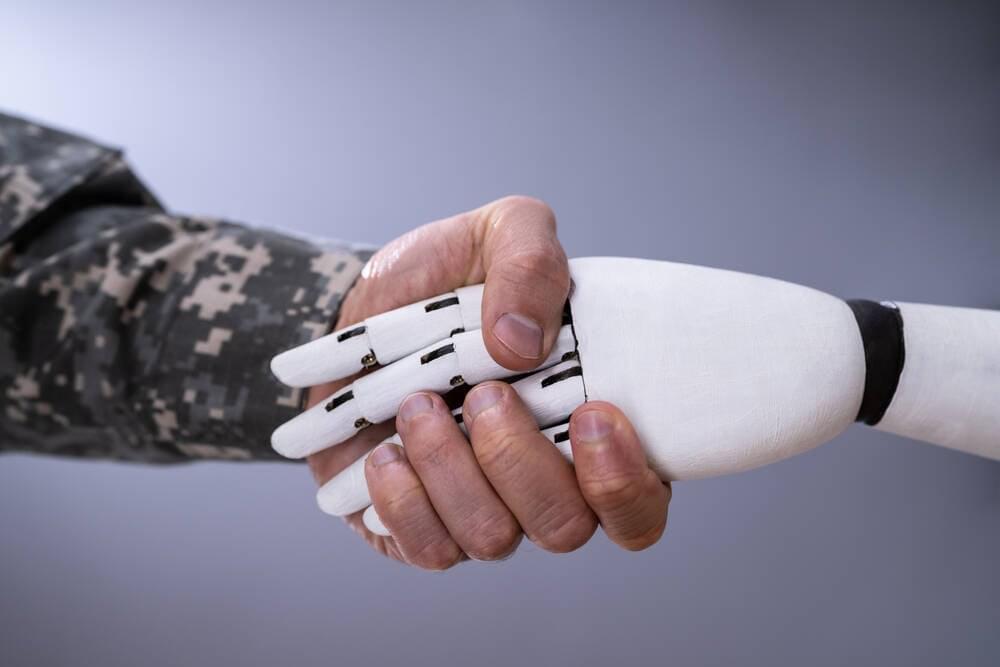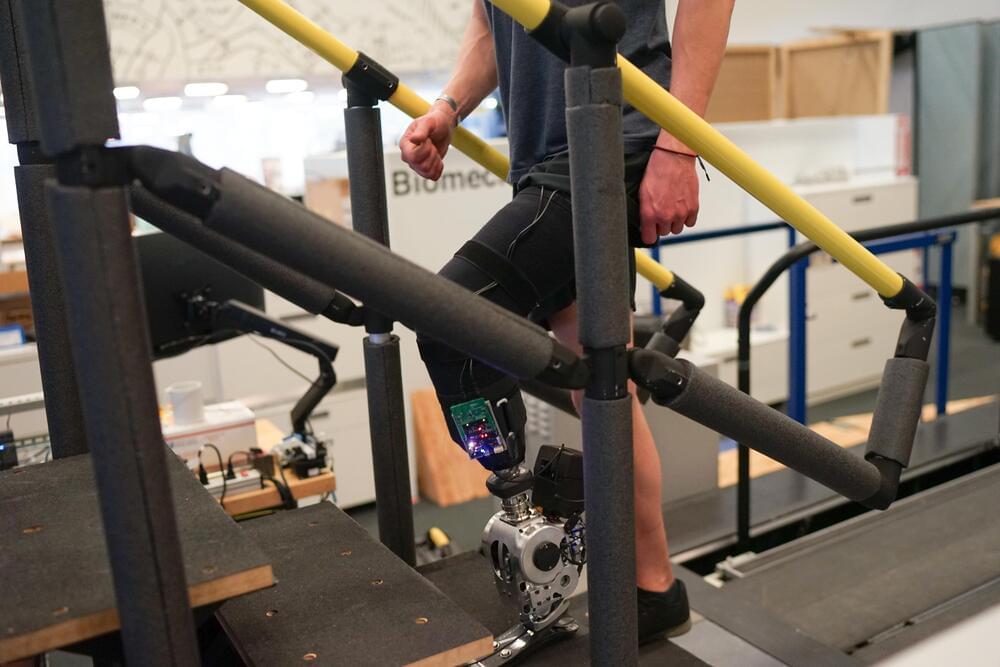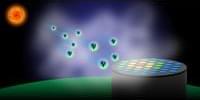The future of wireless technology—from charging devices to boosting communication signals—relies on the antennas that transmit electromagnetic waves becoming increasingly versatile, durable and easy to manufacture. Researchers at Drexel University and the University of British Columbia believe kirigami, the ancient Japanese art of cutting and folding paper to create intricate three-dimensional designs, could provide a model for manufacturing the next generation of antennas.
Recently published in the journal Nature Communications, research from the Drexel-UBC team showed how kirigami—a variation of origami—can transform a single sheet of acetate coated with conductive MXene ink into a flexible 3D microwave antenna whose transmission frequency can be adjusted simply by pulling or squeezing to slightly shift its shape.
The proof of concept is significant, according to the researchers, because it represents a new way to quickly and cost-effectively manufacture an antenna by simply coating aqueous MXene ink onto a clear elastic polymer substrate material.








